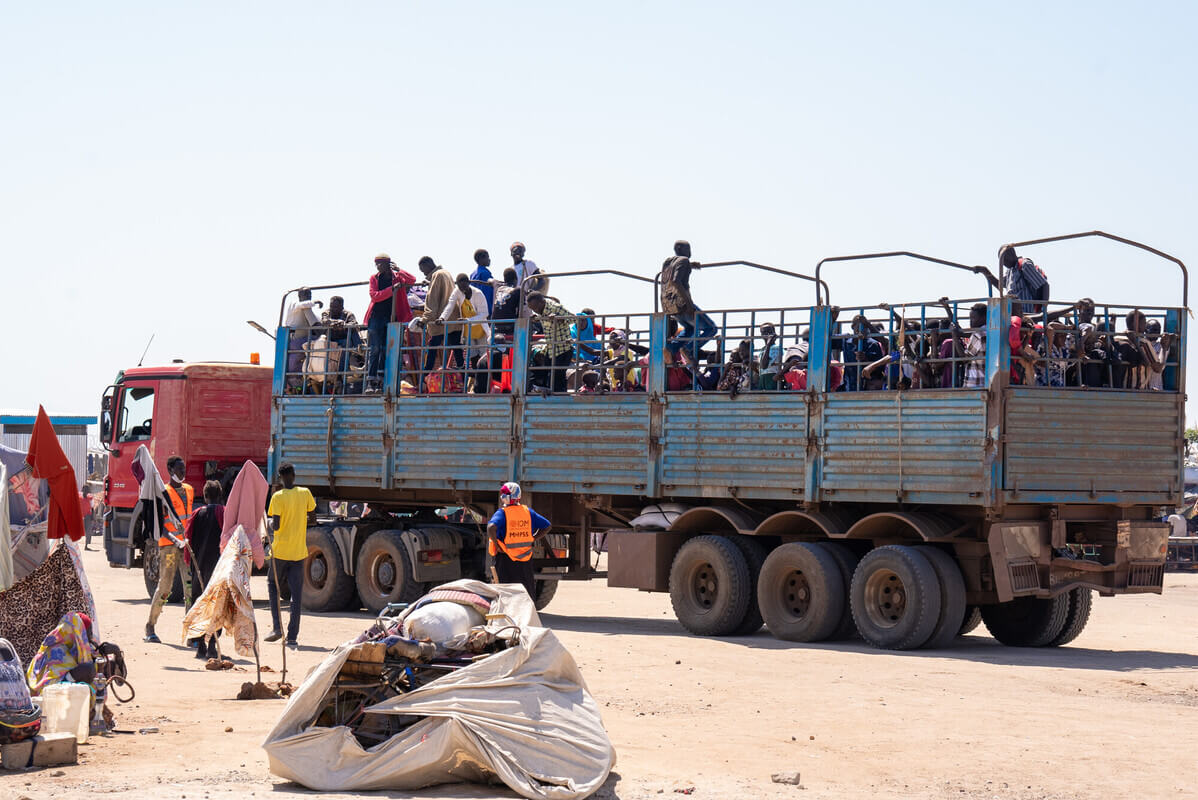Oxfam has hit the ground running at the UN Climate Conference in Doha (COP18). The team, led by Oxfam Australia’s Kelly Dent, released a hard hitting report on the eve of the talks showing that rich countries have been stalling on promised financial assistance to developing nations.
Progress on “climate finance” will be one of the crucial measures of success in Doha. Only around a third of the $30bn promised for 2010-2012 was “new money”, the rest having been recycled from earlier commitments. More than half of it was in loans, which can be crippling for poor communities. Most worryingly, there have been few concrete assurances that finance flows will continue beyond 2012 and scaled-up to meet an agreed $100bn a year by 2020.
Oxfam is seeing poor people in developing countries facing more severe drought, floods, hunger and disease as a result of climate change. From the Sahel to the Pacific, communities are being forced to adapt to a warming world. Developed countries, including Australia, must make solid new commitments in Doha that give poorer countries the confidence that they will receive the assistance they need over the coming years.
But that’s not all the negotiators will be working towards over the next two weeks. Among other things, they must also agree a second phase of the Kyoto Protocol, which expires at the end of this year.
Last year in Durban (COP17), governments agreed to finalize a comprehensive global climate agreement by 2015. This will apply to all countries and come into force in 2020. Kyoto provides the foundations for an international deal and its extension will provide the necessary bridge to this new and more ambitious agreement. Without it, there would be no binding international deal to cut emissions beyond 2012.
Australia has made a smart choice in agreeing to sign-up to “Kyoto2”. Oxfam supporters played a major role alongside WWF and other Australian NGOs in making sure this happened. The Government must now declare what its new emissions target will be. Our friends at Australian Conservation Foundation are campaigning hard to make our new Kyoto commitment count.
Along with nailing Kyoto2 and securing new climate finance commitments, the Oxfam team will also be encouraging more ambitious emissions targets for the near team (as we all know that current pledges fall way short of what the science demands!), talking to allies and governments about the impacts of climate change on food and agriculture, and helping lay the stepping stones to an effective global deal in 2015.
As ever, it will be a mad two weeks and we must expect a few surprises. Follow us on Twitter for the latest updates and insider scoops! @OxfamAustralia @simoncbradshaw



